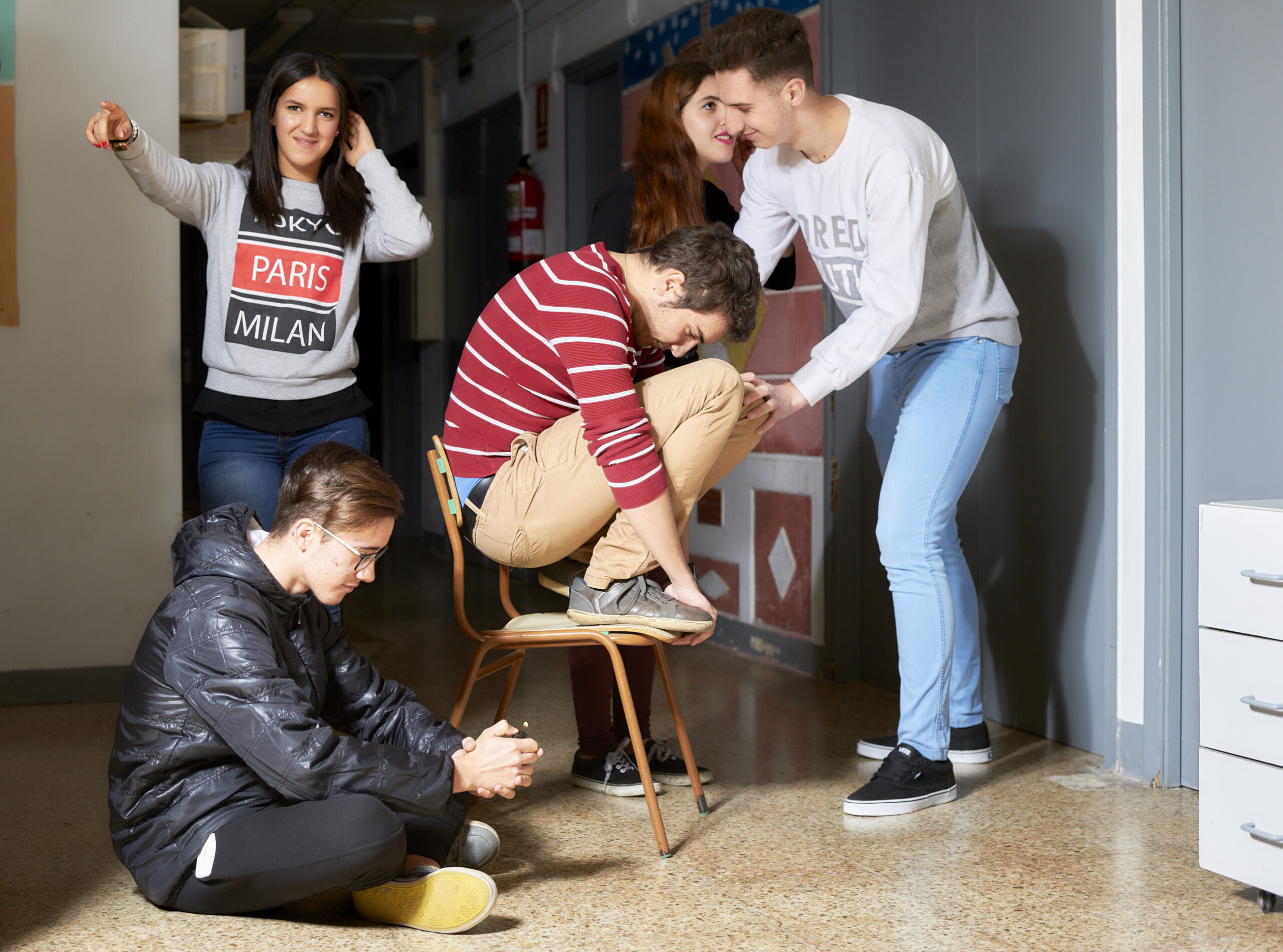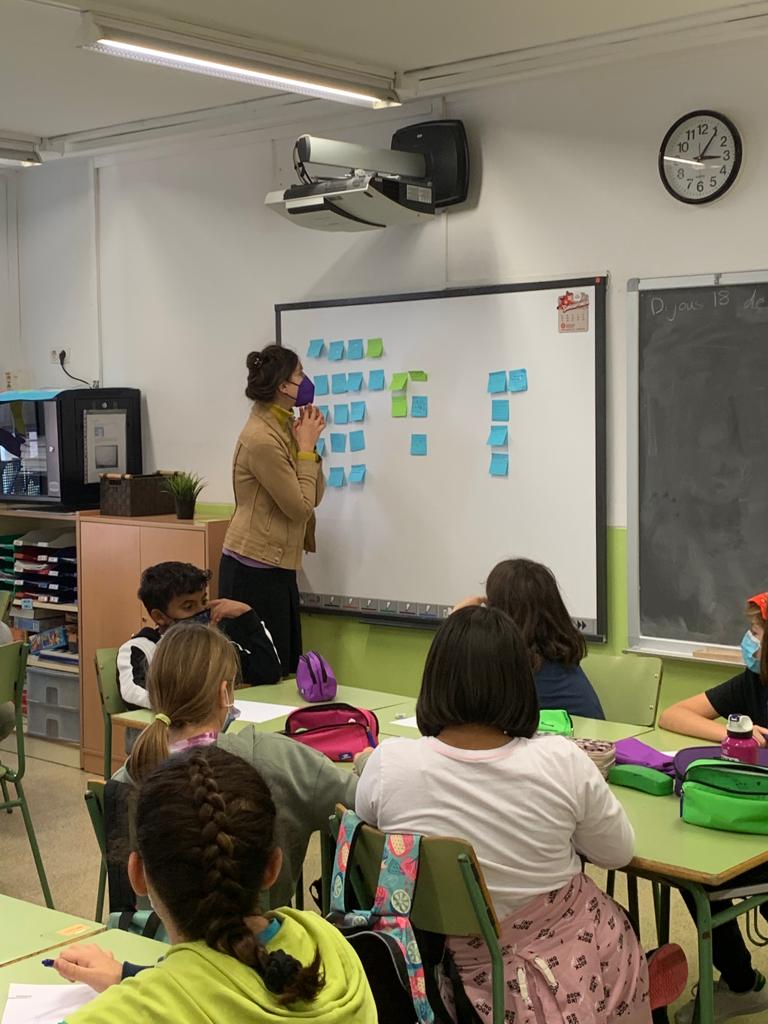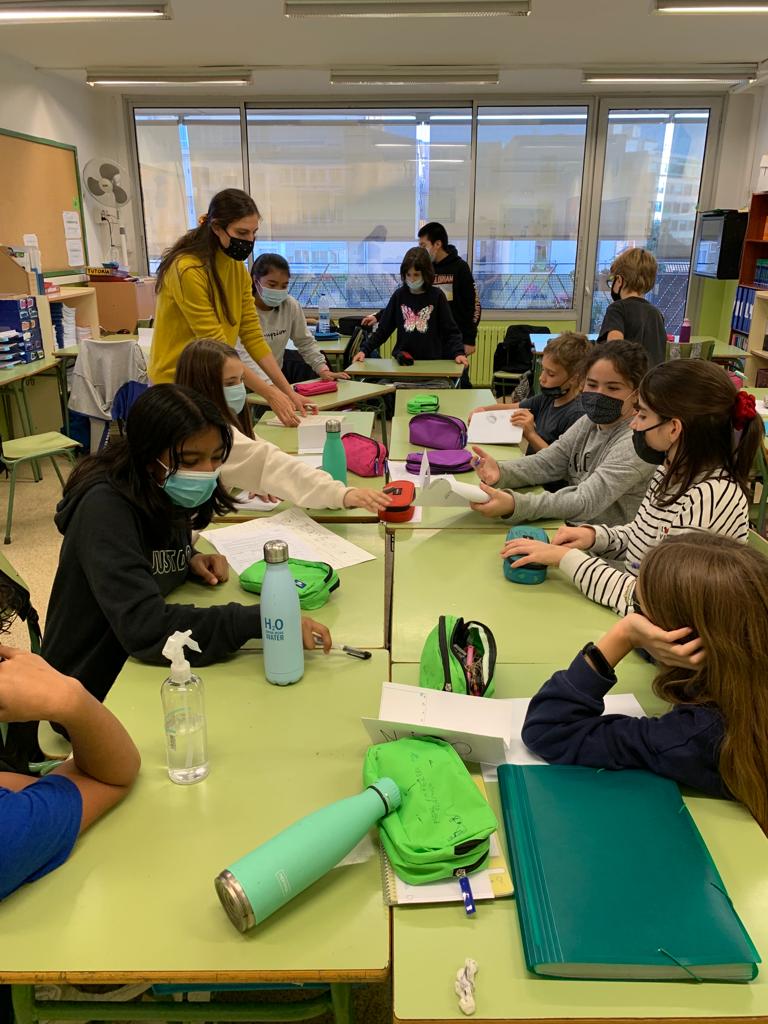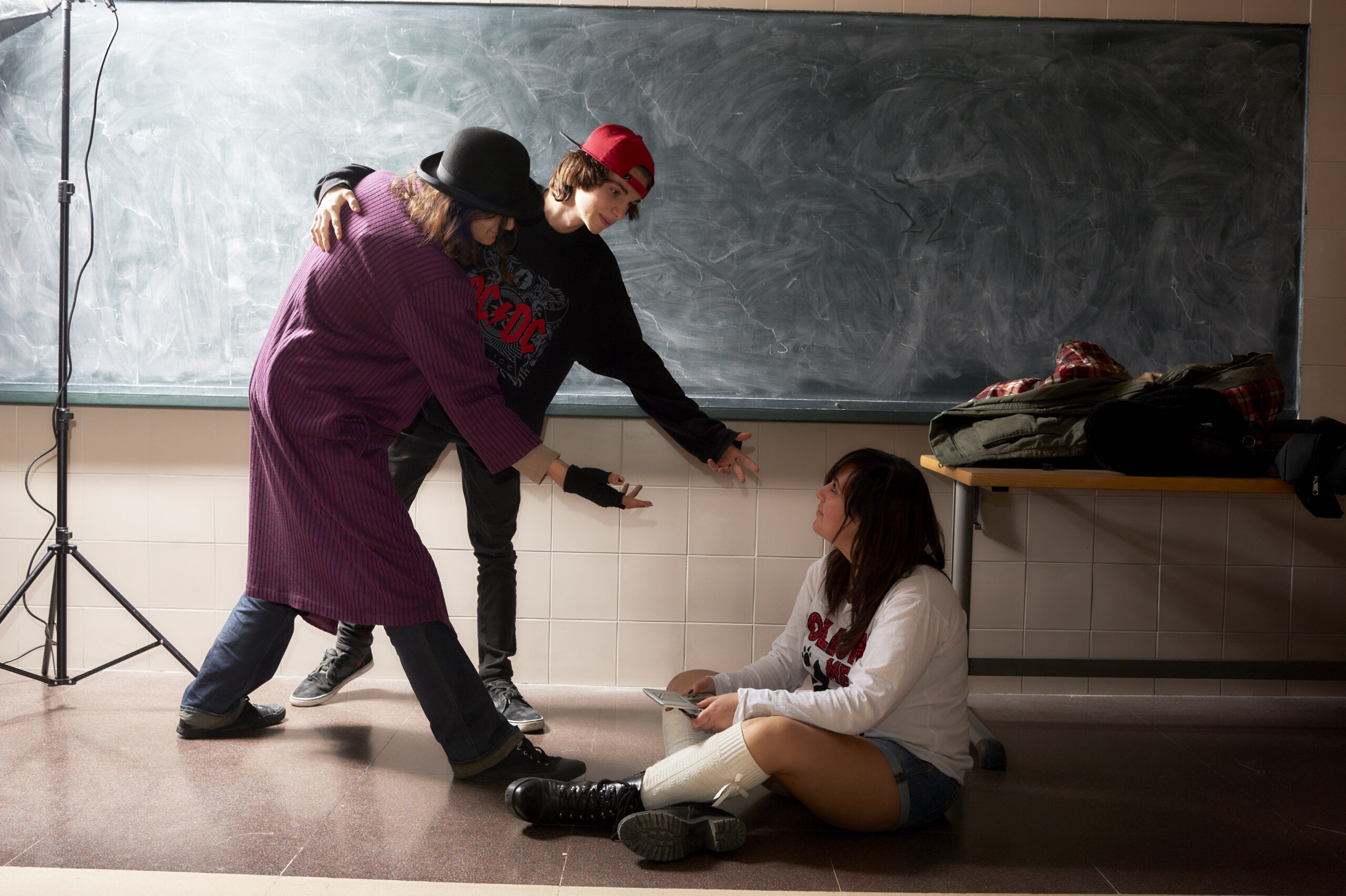
The Esbrina research group and its members have ample experience in educational and arts-based research and have coordinated and participated in multiple national and international projects (Lifelong Learning, Erasmus+, Framework Programme, Horizon 2020) related to the challenges of contemporary education and its transformation through the digital era. Some of the topics Esbrina has worked on include: exploring opportunities for young people at risk of dropping out of secondary education (Show Your Own Gold, Erasmus+), fostering the integration of migrant students in schools (MiCREATE, Horizon 2020), fostering student agency and collaborative learning (DIYLab, Lifelong Learning), and exploring online communities of young people and the way they collaborate and learn together (Comunidades Virtuales de Jóvenes, Centro Reina Sofía sobre Adolescencia y Juventud).
Esbrina is a transdisciplinary research group that includes members coming from, among others, Pedagogy, Sociology, Psychology, Fine Arts, Arts History, and Computer Science, and is designed as a space of collaboration between the Faculty of Education and the Faculty of Fine Arts of the University of Barcelona. Its origins date back to 1995 and, through the years, has provided undergrad students a place where to develop their PhD research work as a starting point for their academic careers.
For this project, Esbrina is working on developing a tight relationship with formal, non-formal and informal public education institutions in Catalonia to evaluate and foster their democratic practices. We are currently in the process of setting up this collaboration.
Facebook | Twitter | Youtube
Team

Laura Malinverni
Laura Malinverni is an Assistant Professor in the Department of Visual Arts and Design of the Faculty of Fine Arts at the University of Barcelona and member of the research group “Esbrina: Subjectivities, Visualities and Contemporary Learning Environments” from the same university. Her research focuses on the relationship between digital technologies, education and creative processes, working both as a researcher as well as an educator and artist. She holds a PhD in Information and Communication Technologies (Pompeu Fabra University), a Master in Cognitive Sciences and Interactive Media (Pompeu Fabra University) and a Bachelor in Fine Arts (Accademia di Belle Arti di Bologna. In parallel with her academic activity, since 2008, she has worked as an educator in several projects linked to non-formal education with digital technologies in museums, schools and libraries. She is one of the founders of the Cosicosa Association, dedicated to critical digital literacy. Her activity in the context of non-formal education with art and technology has received different recognitions and awards.
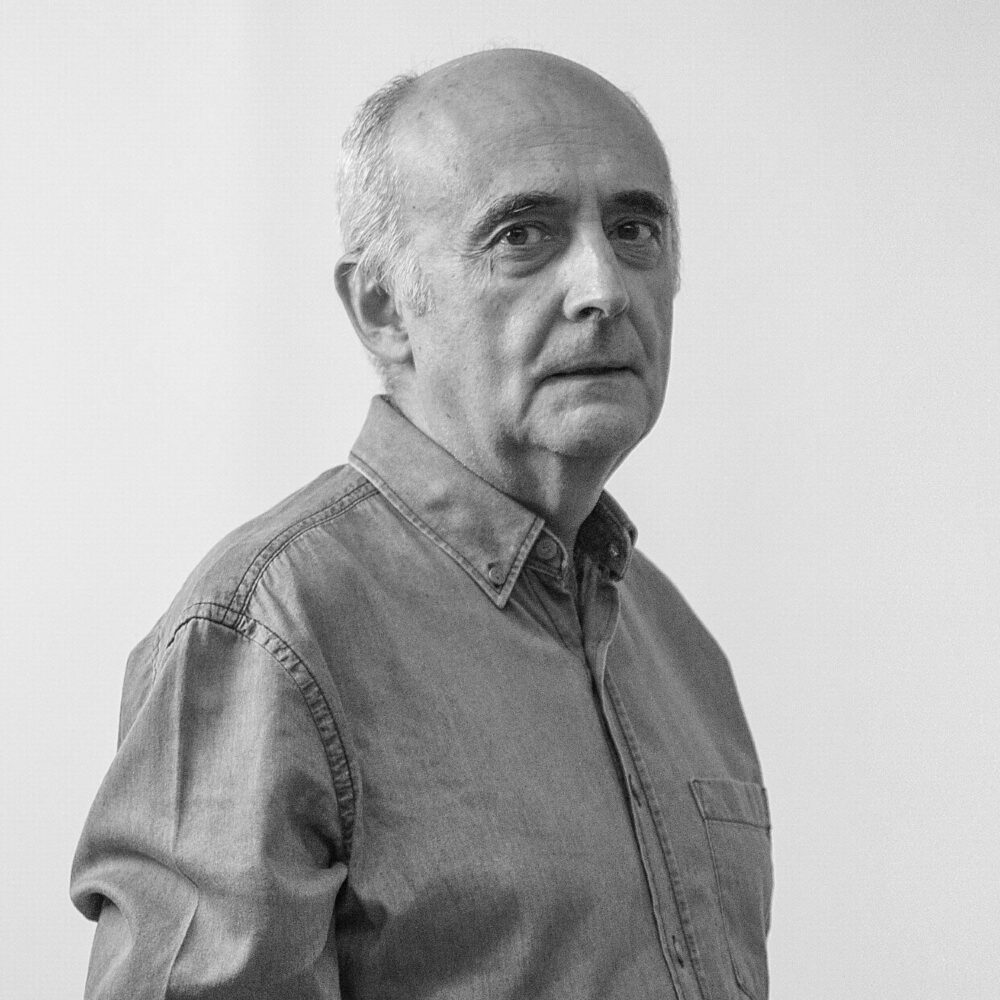
Fernando Hernández-Hernández
Fernando Hernández-Hernández is an Emeritus Professor at the University of Barcelona. He is a member of the research group ESBRINA – Subjectivities, visualities and contemporary educational environments (2021 SGR 00686) and REUNI+D – University Network for Educational Research and Innovation (RED2018-102439-T). He is currently co-coordinator of the TRAY-AP project: “Learning trajectories of young university students: conceptions, strategies, technologies and contexts” (Ministry of Science and Innovation, PID2019-108696RB-I00. 2020-2023). In addition to his work at the university, he collaborates with educational projects – in schools and museums and training networks such as the Xarxa de Competències – that promote and facilitate that all students find their place to learn. He had an extensive career leading research projects on how people learn in different contexts. Recently he was the Spanish IP of the European Project MiCREATE on migrant children inclusion in schools. He has promoted the role of artistic strategies in social research. He has been among the supporters of the turn called “social reconstructionist art education”. This approach promotes empowerment, understanding, and transformation of unjust social relations through artistic collective experiences.

Joan Miquel Porquer Rigo
Joan Miquel Porquer Rigo is a Lecturer at the Department of Arts and Conservation-Restoration and affiliated in the area of Community and Sustainability of the Institute for Professional Development (IDP-ICE) of the University of Barcelona. At the same institution, he is a member of the Research Group Esbrina and the Chair ApSUB of Service-Learning. There he also coordinates the Teaching Innovation Groups ATESI and the area of Drawing of the Master’s in Secondary Education. He is interested in critical art teaching and art methodologies, with a scope on open source materials. His work can be accessed through his website.
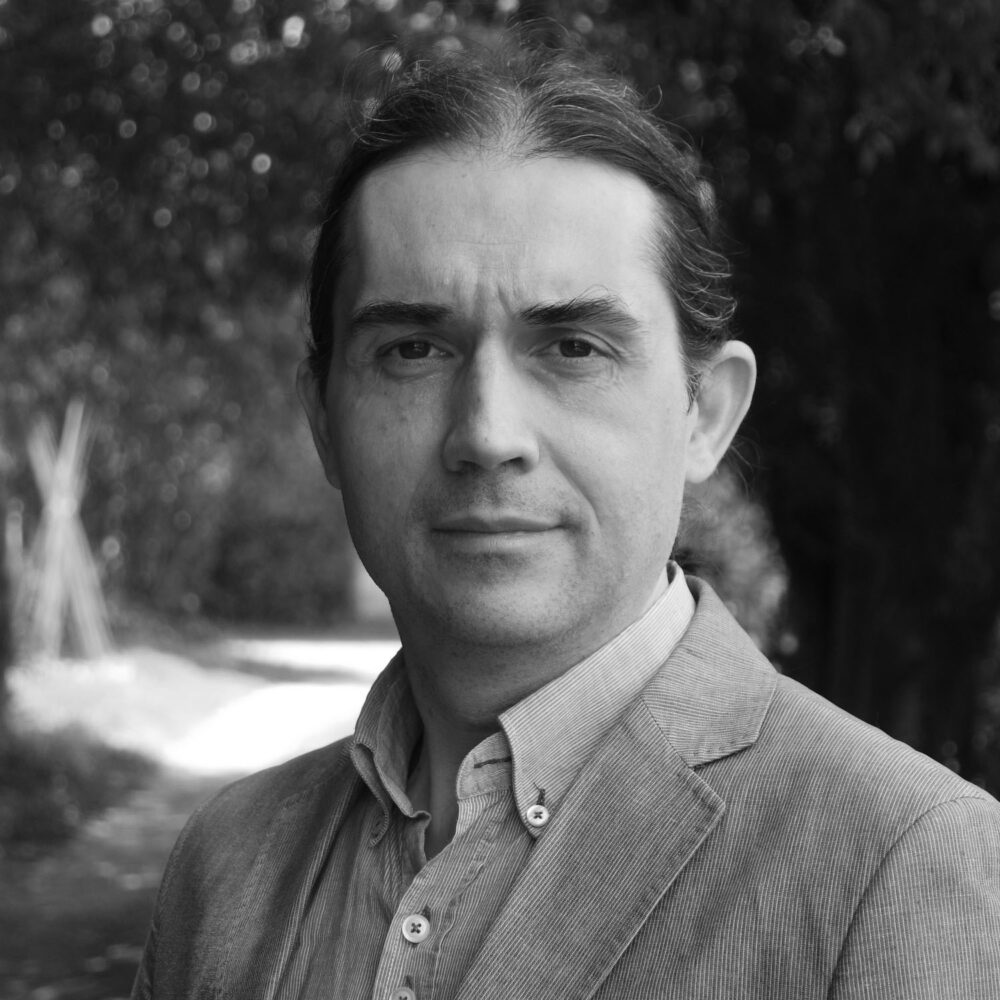
Xavier Giró Gràcia
Xavier Giró Gràcia is a Research Technician at the Department of Didactics and Educational Organization, Faculty of Education, University of Barcelona. He is a member of Esbrina, Subjectivities, Visualities and Contemporary Educational Environments (2021 SGR 00686) and REUNI+D, University Network for Research and Educational Innovation (RED2018‐102439‐T). He holds a Bachelor’s Degree in Computer Science and his research interests include the use of technology in education and how digital technologies change society.
Twitter

Marina Riera Retamero
Marina Riera Retamero is a postdoctoral researcher at the Department of Visual Arts and Design of the Faculty of Fine Arts at the University of Barcelona and member of the research group Esbrina, Subjectivities, Visualities and Contemporary Learning Environments. By using intersectional and postcolonial approaches, she is interested in the relationship between community arts practices and associative and educational environments. More particularly, her research focus on how this intersection can foster the transformative agency of communities to address specific social, political, and communal challenges. She holds a PhD in Art Education, a Master in Visual Arts and Education and a Bachelor in Fine Arts.


